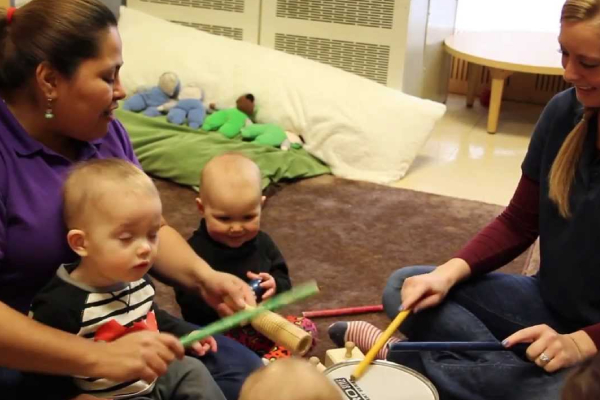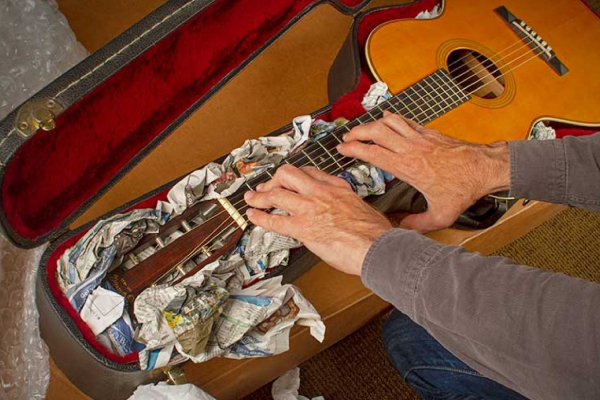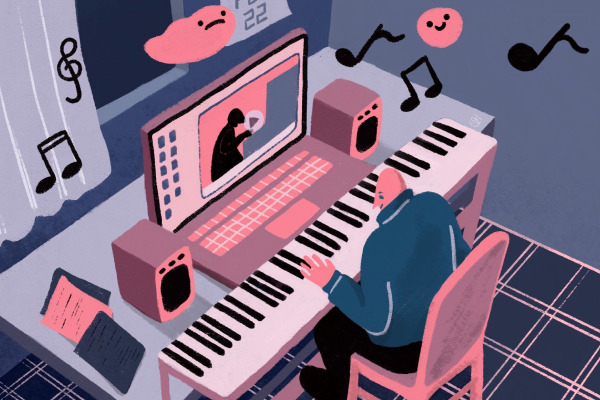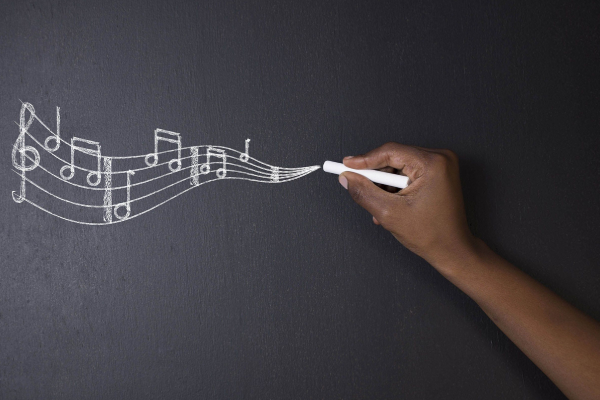Children & Music: The Big Connection
Music is an important part of our culture and can become a natural part of our everyday lives.It helps parents communicate with their children, improve their social skills, and improve child development. In many IB board schools in Chennai (https://www.internationalvillage.org/), teachers believe that music is a wonderful hobby that can lead to a professional career. Read here to glean more insights about why music matters to children.
What Connects Children With Music?
Did you know that children can benefit from music’s therapeutic effects from the moment of their conception? Most children enjoy dancing and moving to the beat of the music when they become mobile. It is a universal fact that music affects people of all ages. Even infants less than three months of age sway, bounce, and wave their hands around when they hear upbeat music.
Preschoolers enjoy singing songs that contain repetitions of words and melodies, use rhythms with a distinct beat, and direct them to perform actions. Most school children are captivated by sing-along songs and may express their preferences and dissatisfaction with music.
All children use music to communicate their feelings and show their emotions. We have seen videos where children jump and jive to the sound of music even though they are too young to understand the lyrics. Melodious lullabies can put a cranky, restless child to sleep in no time. Hence, it doesn’t take rocket science to understand that music has a deep connection with every child. Experts say childhood is the best stage to start nurturing their love for music. And the best way to do it is by learning to play musical instruments.
13 Reasons Why Children Should Play Musical Instruments
Teachers from the best IGCSE schools in Chennai say that children should be encouraged to play at least one musical instrument because it:
- Helps the brain development of children, thereby improving their memory.
- Improves their social-emotional skills.
- Helps children develop their motor skills.
- Promotes language development and memorisation.
- Allows children to foster friendships
- Allows them to distinguish themselves from their peers and siblings.
- Allows them to unwind after school.
- Instils confidence to perform in front of a crowd
- Teaches children how to set goals and achieve them
- Teaches them to be patient
- Improves creative and innovative thinking
- Improves overall listening ability and attention span
Teachers and music experts also believe that practising an instrument profoundly affects a child’s ability to express themselves. When your child picks up their instrument, they have to inject a piece of their personality into the instrument. It provides a safe and controlled environment to express their inner creativity.
Moreover, playing an instrument at a young age helps your child develop leadership and team-building skills and an appreciation for working together as a group. Consistent practice stimulates the brain, which helps to improve abstract reasoning skills.
Educational experts say that musical instruments help children with ADHD learn discipline. Children must concentrate on reading music and converting the notes into the physical motion of playing the instrument in question when learning to play an instrument. Playing an instrument serves as a creative outlet that helps them express themselves.
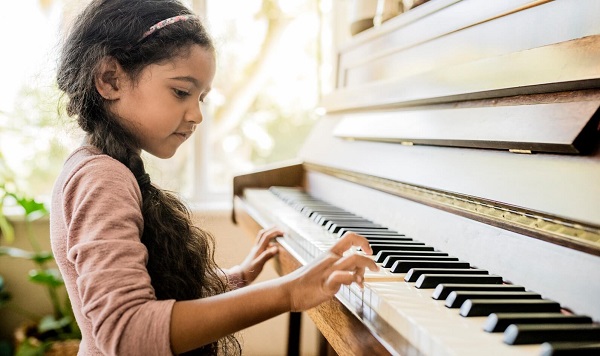
How To Encourage Your Child To Learn Music
Music is a beautiful form of expression, but many children are discouraged from pursuing music education because of the cost or time commitment. However, experts feel that learning to play music should not be limited to a specific age group because children who learn music at an early age will reap the benefits as they grow.
Here’s how you can foster and nurture your child’s interest in music:
- Make music in your own home and learn an instrument yourself to pique your child’s interest in music.
- Express your appreciation when your children play music. When they make progress, show your enthusiasm by praising them.
- Find an interactive music class or provide your children with a collection of musical instruments.
- Spend quality time with your child by listening to music and talking about how much you enjoyed it.
- Show your children what it’s like to listen to live music. Participate in their learning process by playing with them or listening to them.
- Attending music performances every year will allow your child to become immersed in the music’s atmosphere.
The Bottom Line
Children of all ages enjoy music, and with proper encouragement, they can learn to play an instrument or sing. However, please do not force your child to like music, but teach them about it.
If you find it difficult to motivate and guide your child in the right direction, always seek the guidance of experts and their school teachers.

